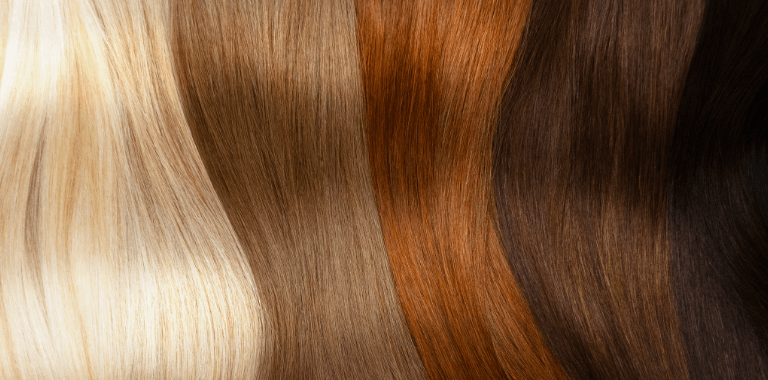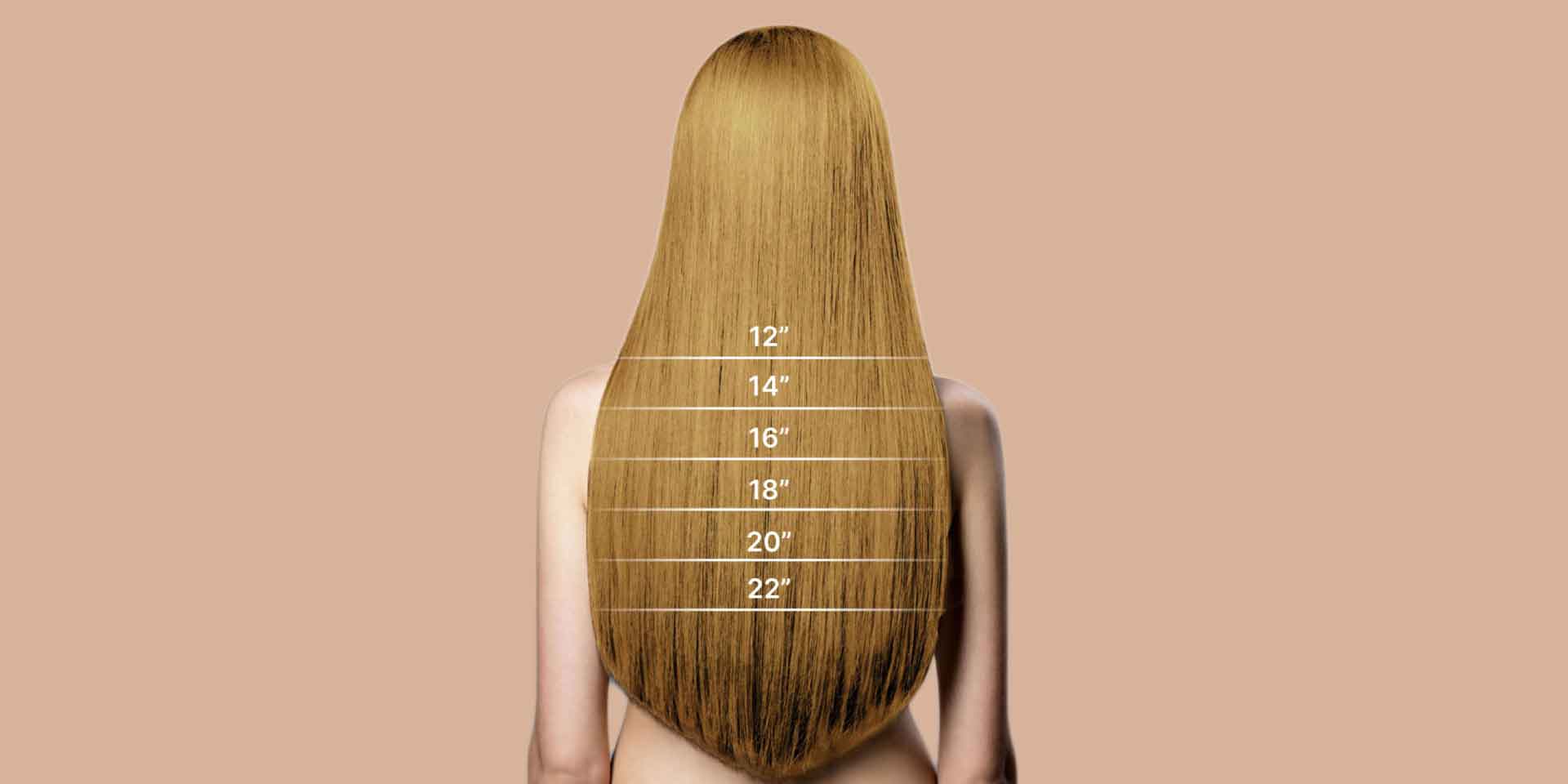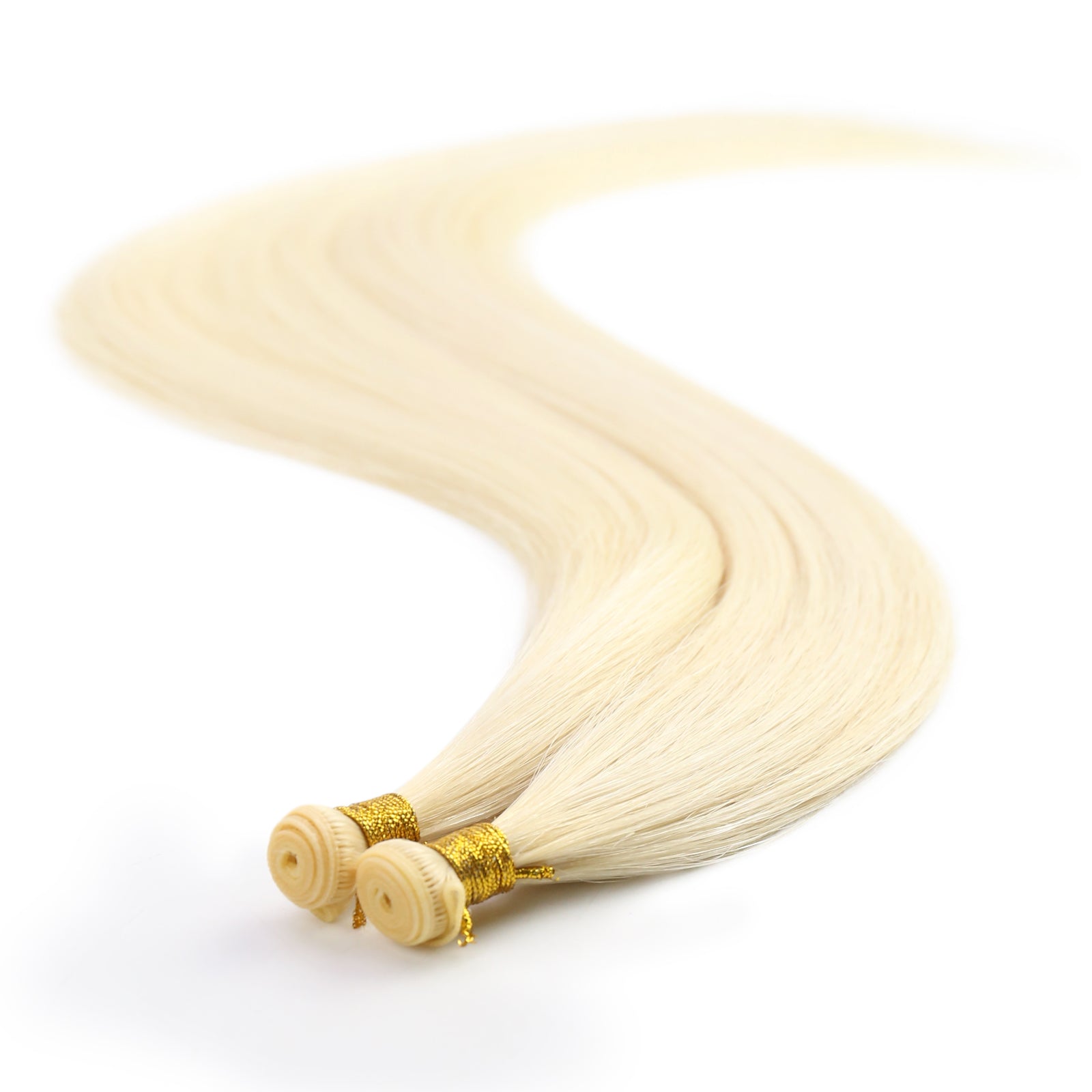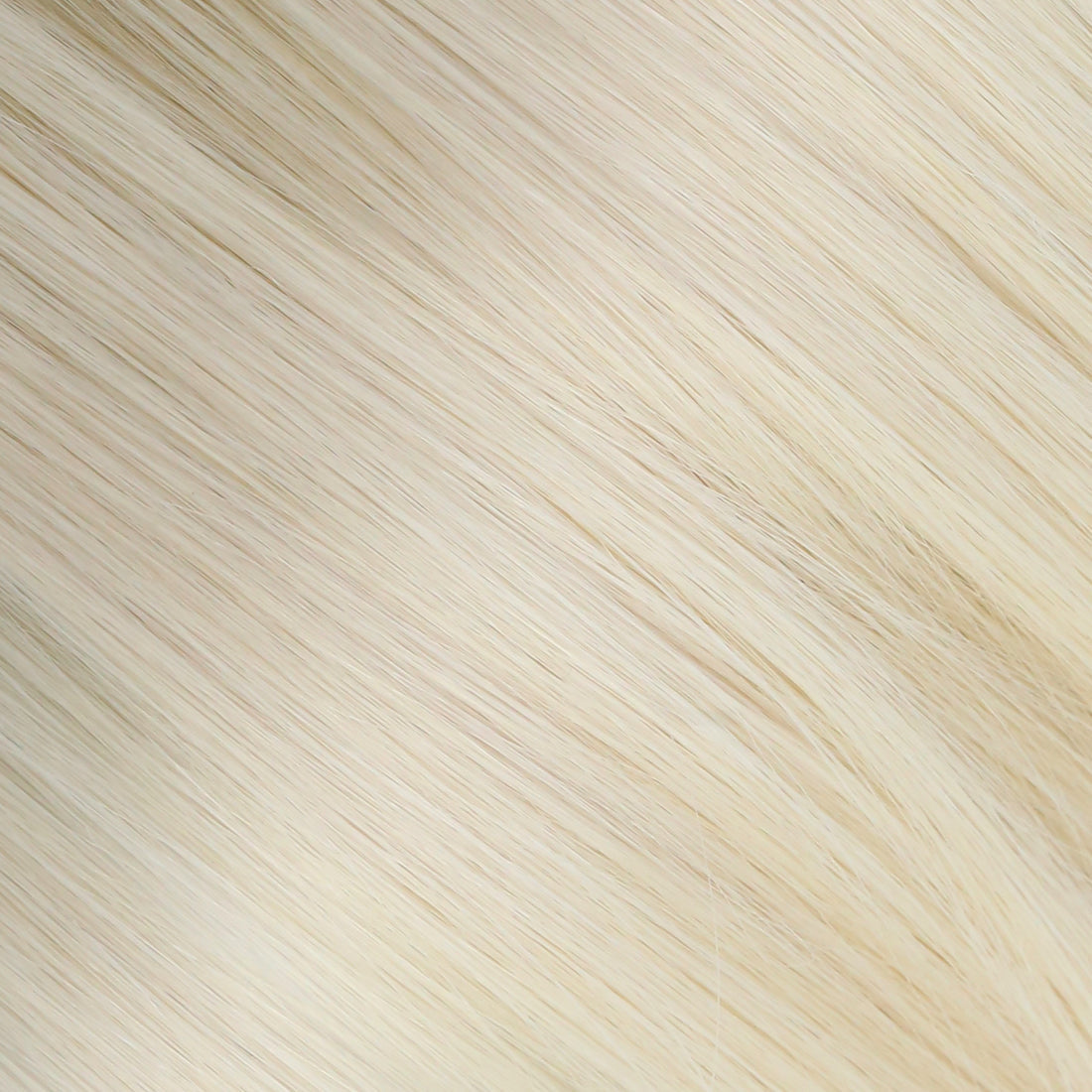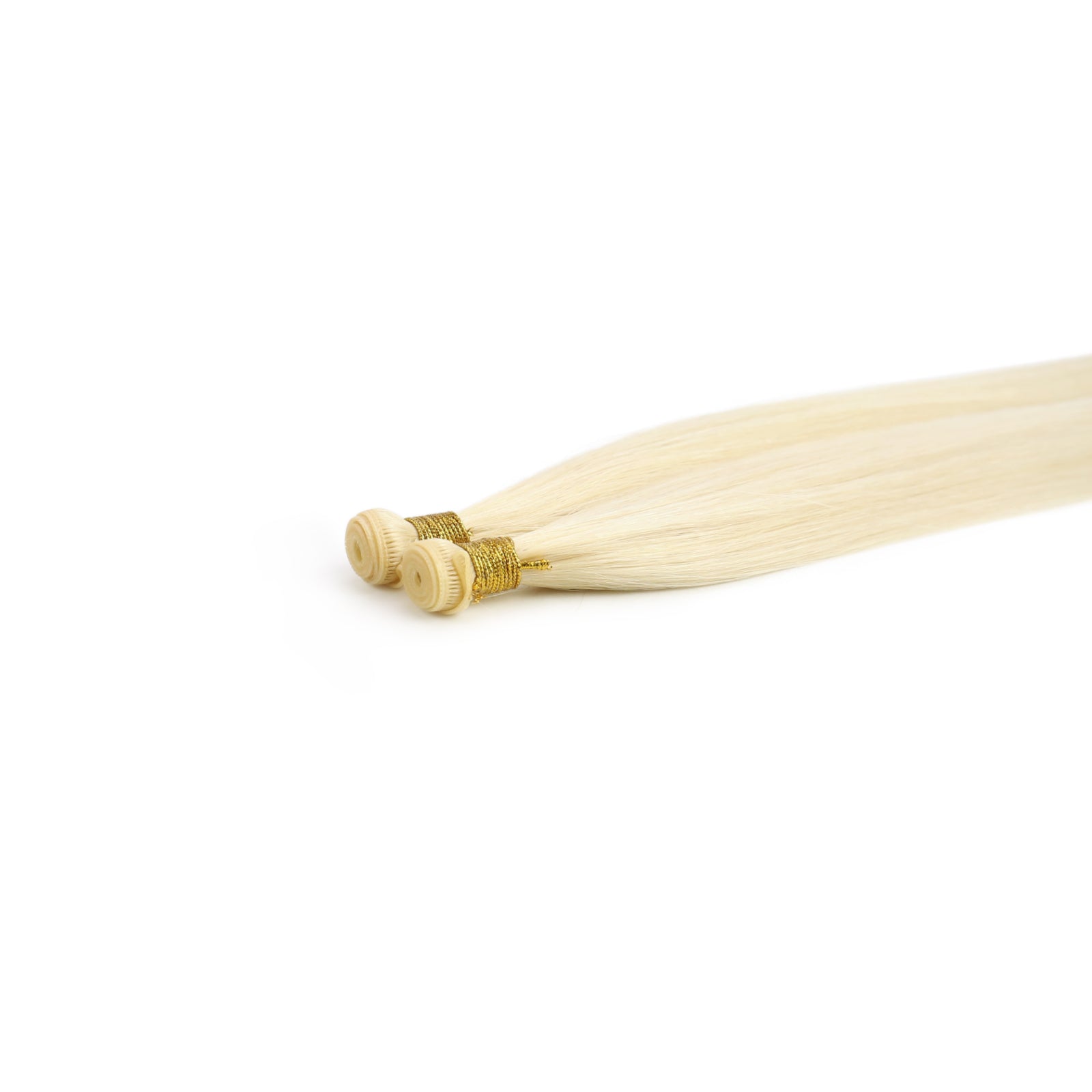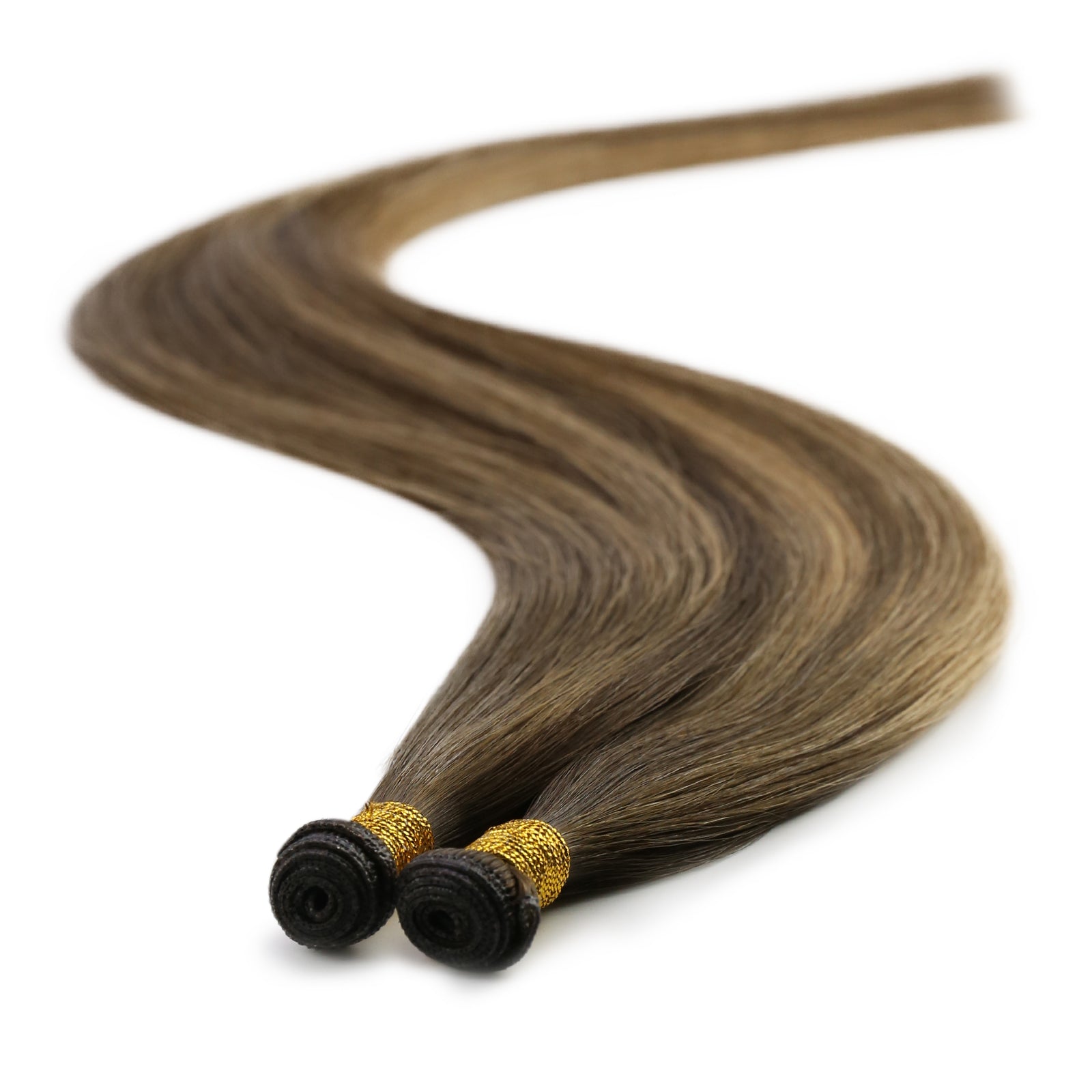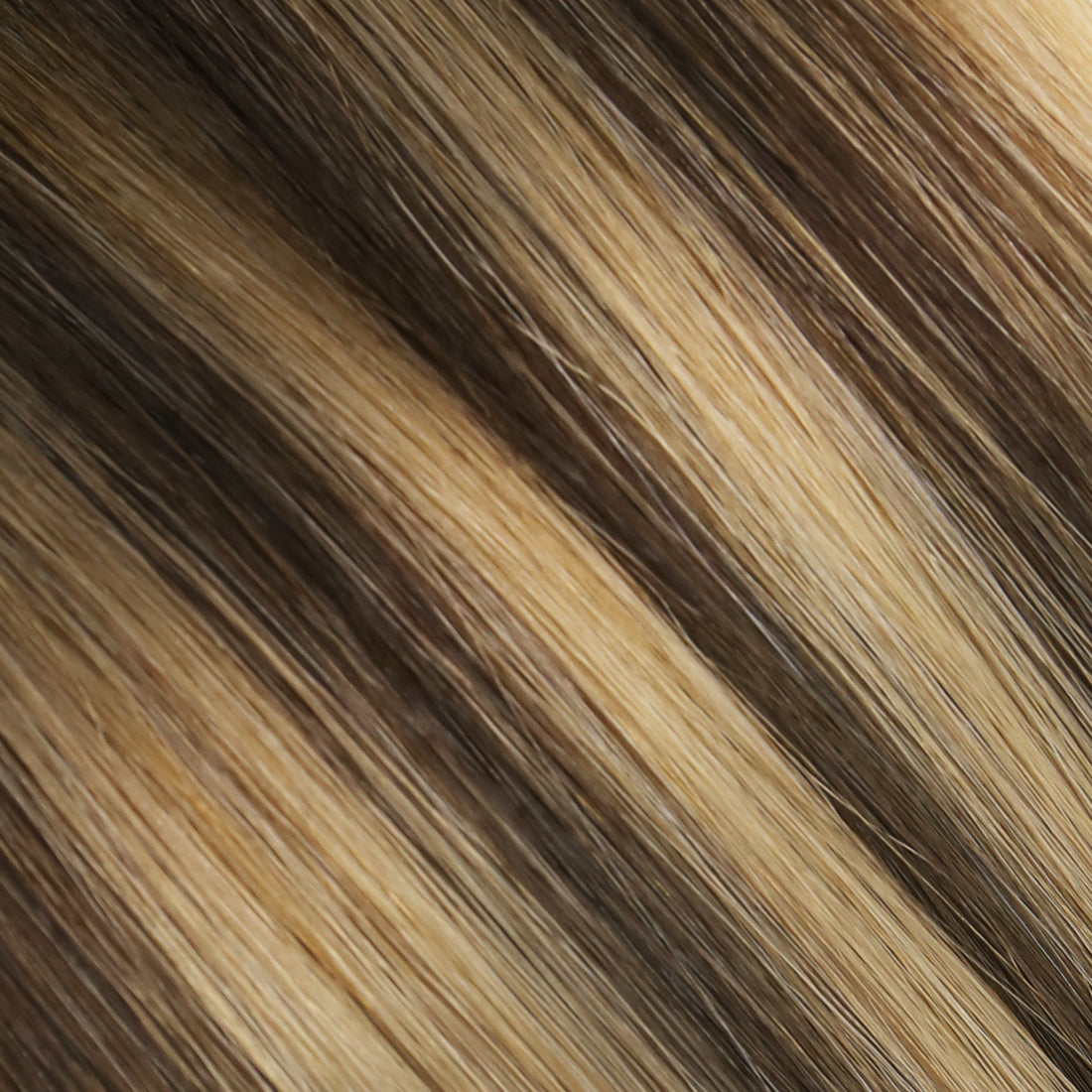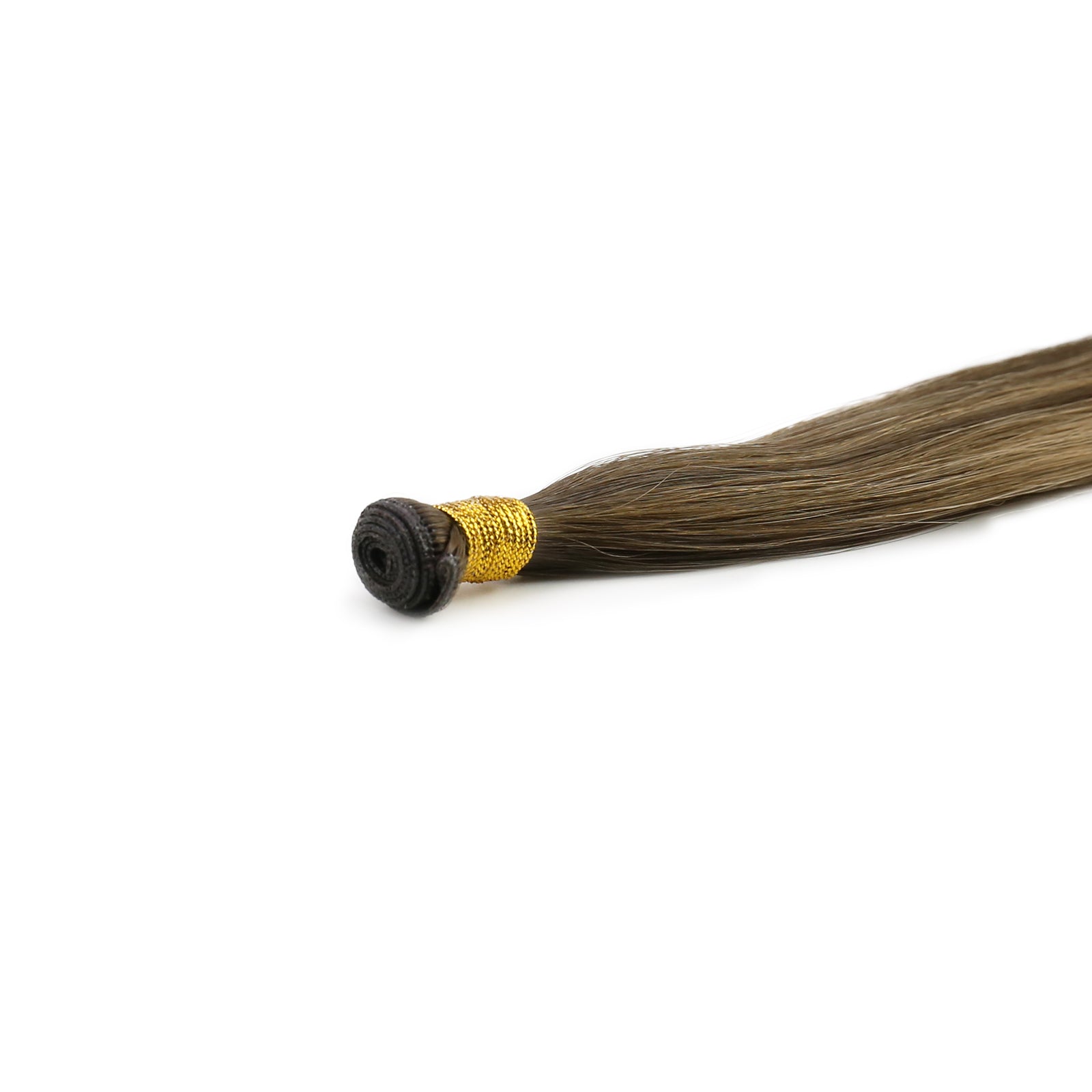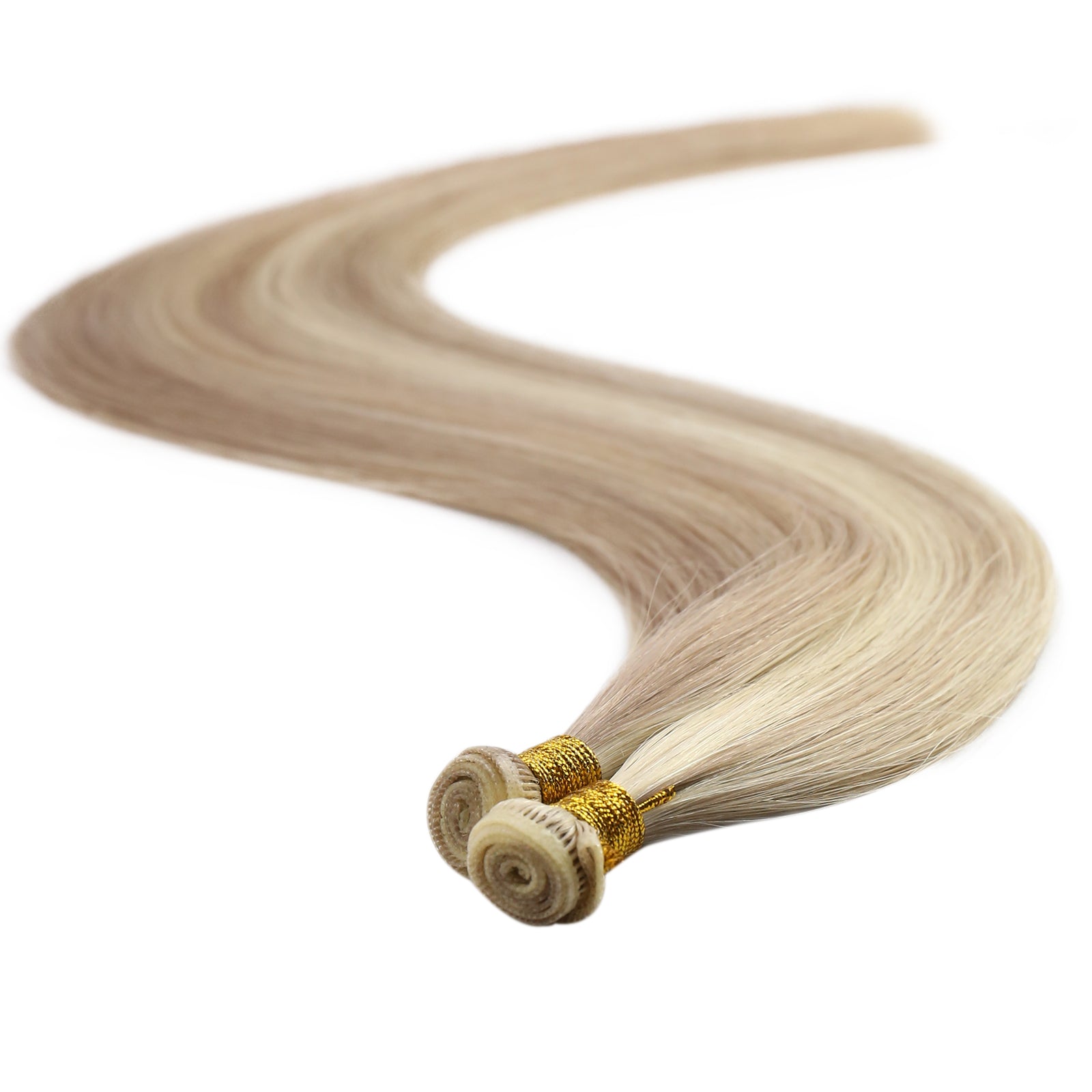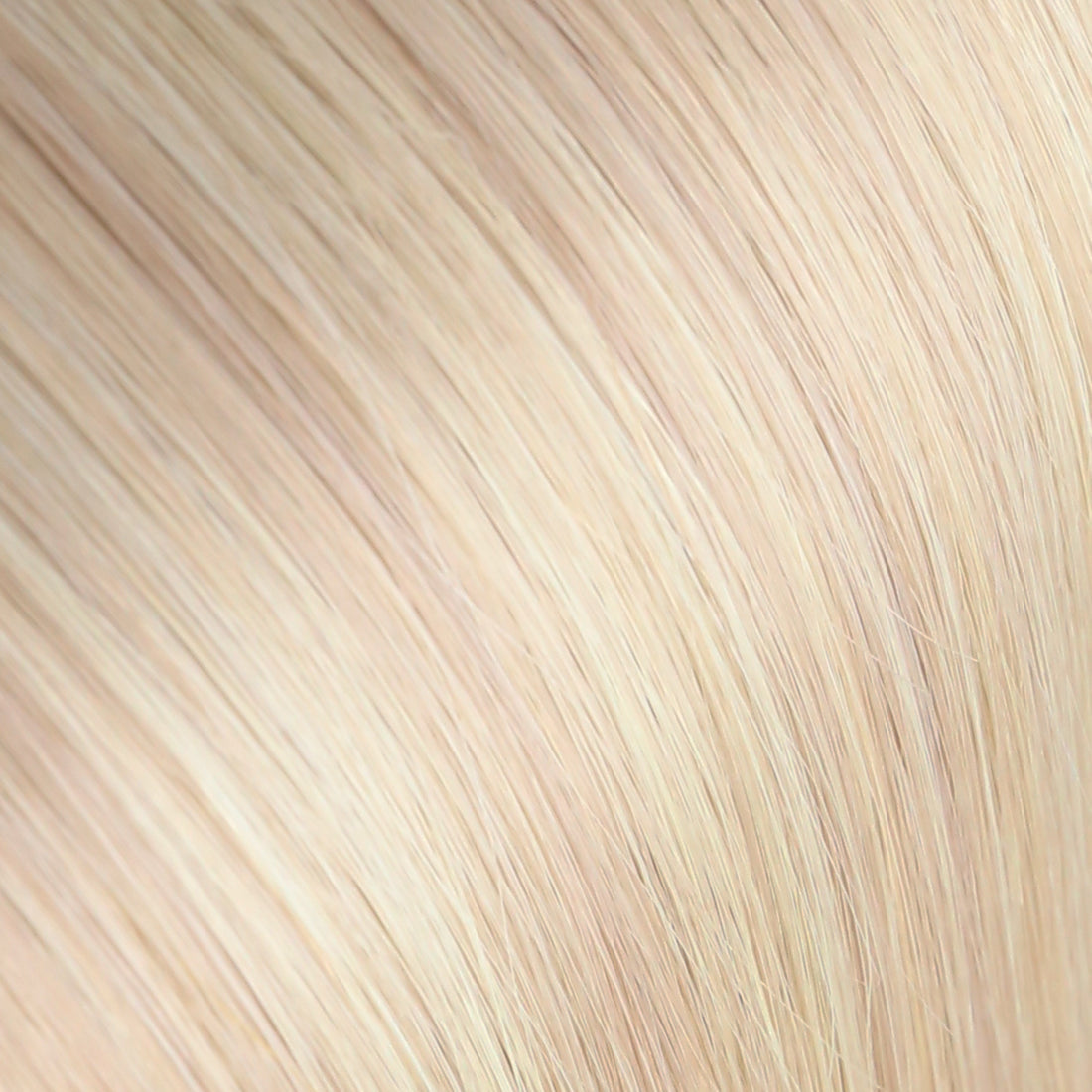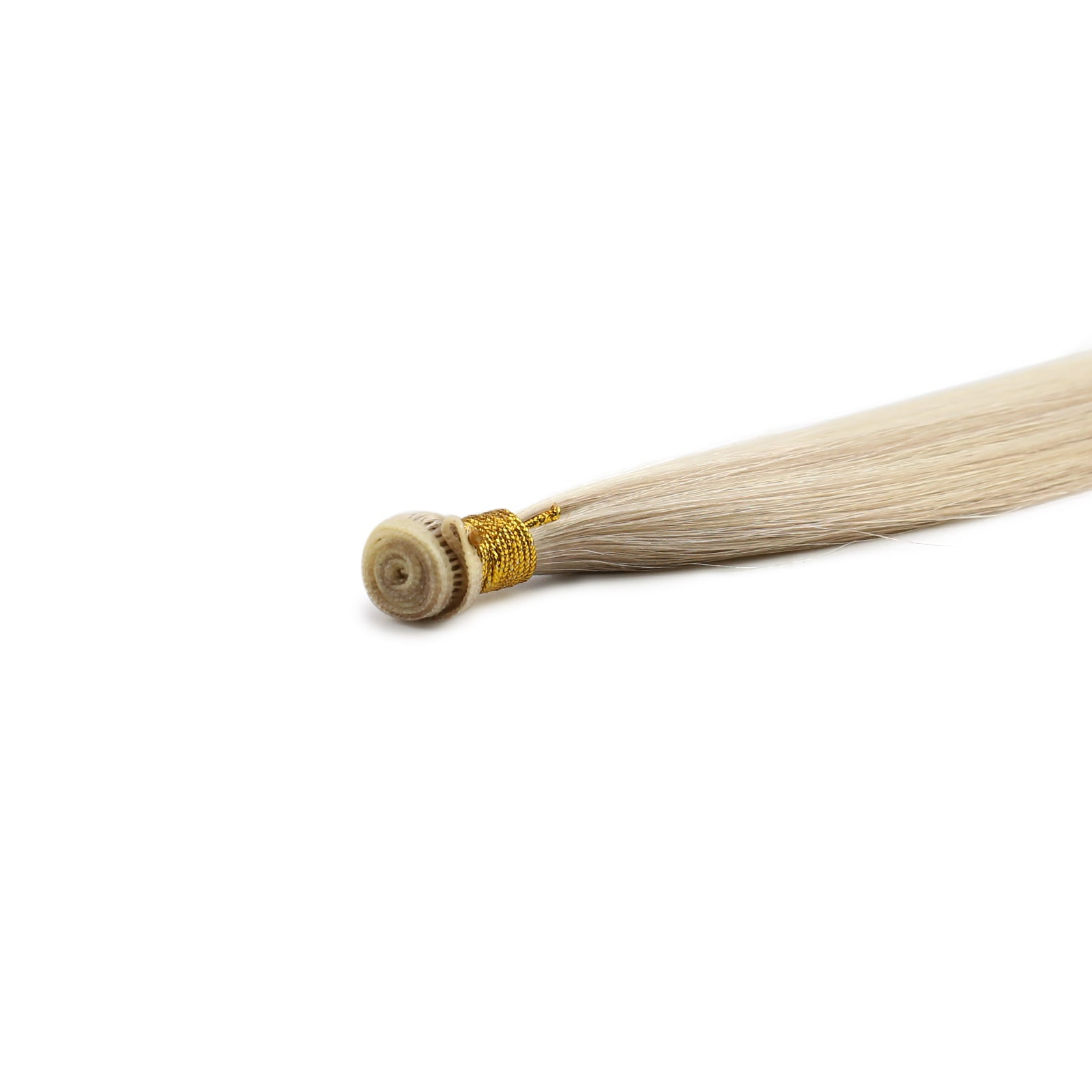Have you ever wondered, "Why is my hair stretchy?" Stretchy hair can be puzzling and sometimes concerning, but it’s a phenomenon many people experience. This blog will delve into the science behind stretchy hair, explore its causes, and provide effective solutions to help restore your hair's health and strength.
What Does It Mean When Hair Is Stretchy?
Stretchy hair is often an indication that your hair's elasticity is compromised. Hair elasticity refers to the hair’s ability to stretch and return to its original shape without breaking. Healthy hair typically has good elasticity, meaning it can stretch slightly when wet and return to its natural state when dry. When hair becomes excessively stretchy, it’s usually a sign of damage or imbalance within the hair structure.

The Science Behind Hair Elasticity
Hair is made up of a protein called keratin, which forms long, coiled strands within the hair shaft. These strands are bound together by disulfide bonds and hydrogen bonds. Disulfide bonds provide hair with its strength, while hydrogen bonds, which are weaker, are responsible for hair's flexibility. When these bonds are compromised, hair loses its structural integrity, leading to increased stretchiness.
Several factors can affect the integrity of these bonds, including:
-
Chemical Treatments: Procedures such as coloring, perming, and relaxing can break the disulfide bonds, weakening the hair and causing it to become stretchy.
-
Heat Styling: Frequent use of hot tools like straighteners, curling irons, and blow dryers can damage the hair's protein structure.
-
Environmental Factors: Exposure to sun, wind, and pollution can degrade the hair’s protective outer layer, the cuticle, leading to internal damage.
-
Mechanical Stress: Excessive brushing, tight hairstyles, and rough handling can physically break down the hair's structure.
Common Causes of Stretchy Hair
-
Chemical Damage: Over-processing hair with dyes, bleaches, and other chemical treatments can severely compromise hair’s structure, leading to increased stretchiness.
-
Heat Damage: Regular exposure to high temperatures from styling tools can denature the keratin proteins in hair, making it more prone to stretching and breaking.
-
Moisture Imbalance: Both excessive moisture and dryness can affect hair’s elasticity. Over-hydrated hair can become overly flexible and stretchy, while extremely dry hair can become brittle and less elastic.
-
Protein Deficiency: Hair requires a balance of moisture and protein. A deficiency in protein can lead to weakened hair that stretches more easily.
-
Environmental Damage: Factors like UV radiation, pollution, and harsh weather conditions can strip hair of its natural oils and weaken its structure.
How to Test Your Hair’s Elasticity
To determine if your hair is overly stretchy, you can perform a simple elasticity test:
-
Take a single strand of hair and gently stretch it.
-
Observe how the hair reacts:
If it stretches slightly and returns to its original length, your hair has good elasticity.
If it stretches significantly and breaks, your hair is likely damaged and lacks elasticity.
If it stretches a lot without breaking, it may be over-moisturized or lacking protein.

Solutions to Restore Hair Elasticity
If you’ve been asking, "Why is my hair stretchy?" and have determined that your hair is indeed lacking elasticity, there are several steps you can take to restore its health:
-
Protein Treatments: Incorporate protein-rich treatments into your hair care routine to strengthen the hair shaft. Look for products containing keratin, collagen, or silk proteins.
-
Moisture Balance: Ensure your hair has a good balance of moisture. Use hydrating shampoos and conditioners, and consider deep conditioning treatments to restore moisture without overloading the hair.
-
Avoid Excessive Heat: Minimize the use of heat styling tools and always apply a heat protectant before using them. Opt for air-drying whenever possible.
-
Limit Chemical Treatments: Reduce the frequency of coloring, perming, or relaxing your hair. Allow sufficient time between treatments to let your hair recover.
-
Protect from Environmental Damage: Wear hats or use UV protectant sprays to shield your hair from sun damage. Wash your hair regularly to remove pollutants and debris.
-
Gentle Handling: Be gentle when brushing and styling your hair. Use wide-tooth combs and avoid tight hairstyles that can cause breakage.
-
Healthy Diet: A balanced diet rich in vitamins and minerals supports hair health. Ensure you’re getting enough protein, iron, and vitamins A, C, and E.
Home Remedies for Improving Hair Elasticity
-
Egg Mask: Eggs are a rich source of protein and can help strengthen hair. Mix one or two eggs with a bit of olive oil, apply to your hair, and leave it on for 20-30 minutes before rinsing out.
-
Avocado and Banana Mask: Both avocado and banana are rich in vitamins and minerals that can help restore hair elasticity. Mash one ripe avocado and one ripe banana together, apply the mixture to your hair, and leave it on for about 30 minutes before rinsing.
-
Coconut Oil Treatment: Coconut oil is excellent for moisturizing hair and preventing protein loss. Warm some coconut oil and apply it to your hair, leaving it on for a few hours or overnight before washing it out.
-
Yogurt and Honey Mask: Yogurt provides protein, while honey is a humectant that attracts moisture. Mix equal parts yogurt and honey, apply to your hair, and leave it on for 20-30 minutes before rinsing.

Professional Treatments for Stretchy Hair
If home remedies and over-the-counter products don’t seem to help, consider professional treatments:
-
Keratin Treatments: Professional keratin treatments can replenish the protein in your hair, making it stronger and less prone to stretching.
-
Olaplex Treatment: Olaplex is a bond-building treatment that helps repair broken disulfide bonds in the hair, restoring its strength and elasticity.
-
Customized Salon Treatments: Many salons offer customized treatments designed to address specific hair concerns, including elasticity issues.
Preventing Future Damage
To maintain healthy hair and prevent future issues with elasticity, adopt the following habits:
-
Regular Trims: Trim your hair every 6-8 weeks to remove split ends and prevent breakage.
-
Protective Hairstyles: Wear protective hairstyles, especially when sleeping, to reduce mechanical stress on your hair.
-
Proper Hair Care Routine: Use products suitable for your hair type and needs, and follow a consistent hair care routine.
-
Stay Hydrated: Drink plenty of water to keep your hair and scalp hydrated from within.
Conclusion
If you’ve been asking yourself, "Why is my hair stretchy?" understanding the underlying causes and implementing effective solutions can help restore your hair’s health and strength. Whether it’s adjusting your hair care routine, using protein treatments, or seeking professional help, taking proactive steps can improve your hair’s elasticity and overall condition. By maintaining a balance of moisture and protein, protecting your hair from damage, and adopting healthy habits, you can enjoy strong, resilient hair that looks and feels its best.
More Readings:

